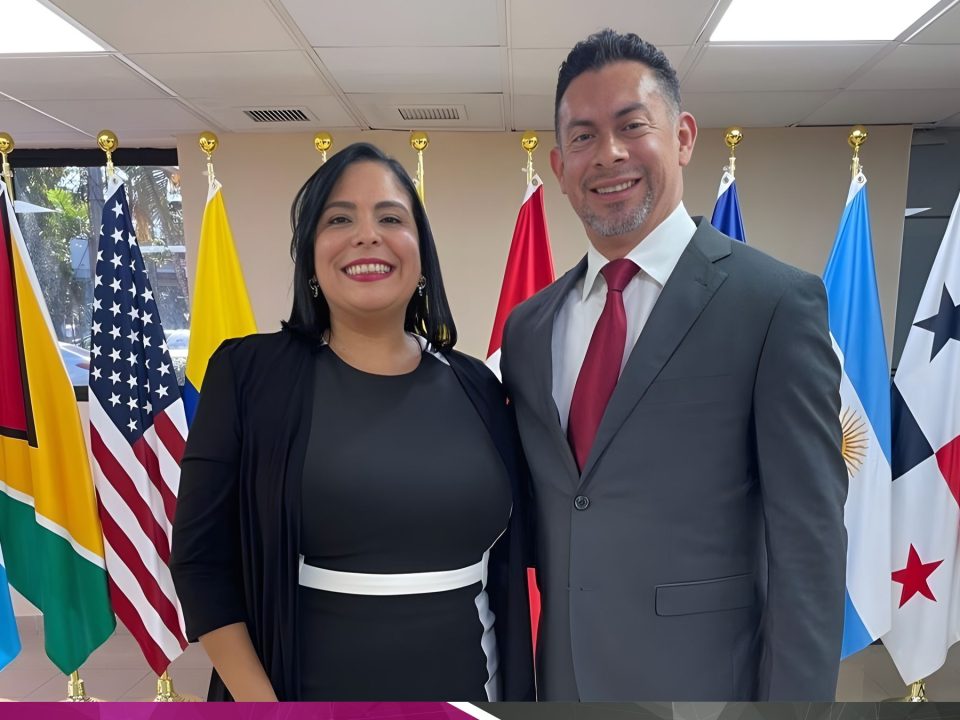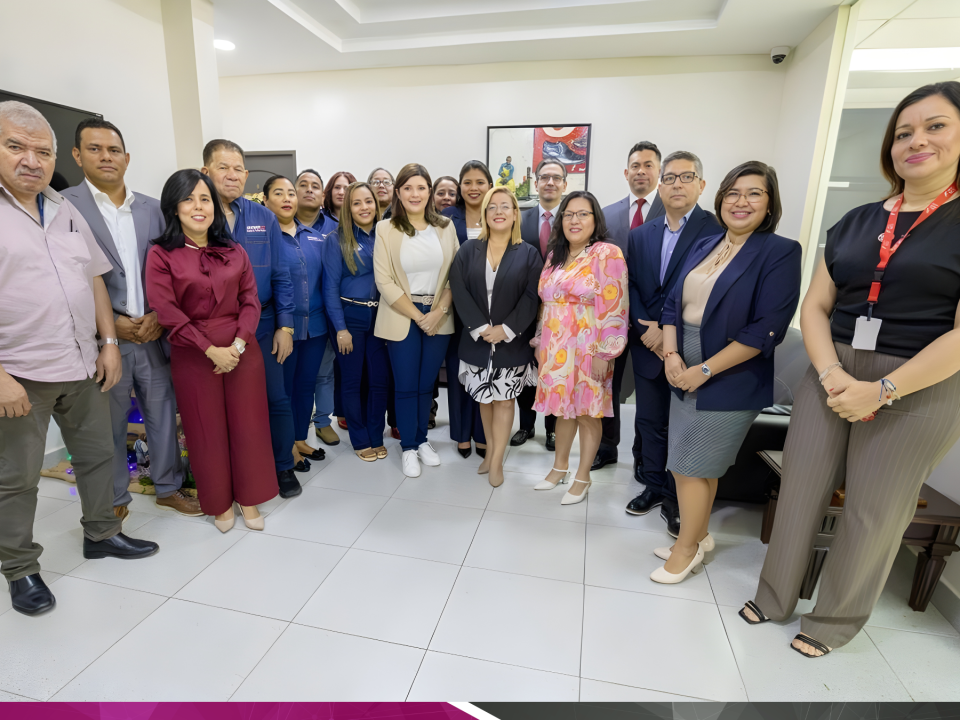
IGRA Foundation makes donations to communities in Cocle
07/04/2025
The Domestic Employee in Panama: Challenges, Recognition and Rights
10/04/2025Legal Analysis and Comparison with Similar Jurisdictions
In the world of international finance and corporate structuring, choosing the right jurisdiction for incorporating an offshore company is crucial. Among the most prominent options are Nevis, the British Virgin Islands (BVI), the Bahamas, Anguilla, Belize, Seychelles, and Panama. The first six follow the Common Law system, while Panama is based on Civil Law. In this article, we will analyze the advantages of Nevis compared to these jurisdictions, with a focus on the popular International Business Companies (IBCs).
Asset Protection, Privacy, and Protection Against Foreign Judgments
Nevis offers an exceptionally strong legal framework for asset protection, corporate privacy, and defense against foreign judgments. International Business Companies (IBCs) incorporated in Nevis benefit from legislation specifically designed to safeguard the assets of their owners from international litigation and opportunistic creditors.
One of the most dissuasive factors for initiating legal action against an IBC in Nevis is the requirement for a creditor to post a significant bond with the local courts before a proceeding can begin. This requirement acts as an initial barrier to frivolous or unfounded lawsuits.
Regarding the recognition of foreign judgments, Nevis does not automatically validate judicial decisions issued in other jurisdictions. Every judgment must be reviewed by local courts through a thorough process that includes verifying due process and compatibility with Nevis law. Even if a judgment is accepted, the creditor must initiate a completely new legal proceeding within Nevis, adding complexity, time, and costs to the process.
This combination of rules makes Nevis a highly protective legal environment, ideal for entrepreneurs, investors, and families seeking effective defense of their assets and privacy. In contrast, other similar jurisdictions tend to offer more direct access for enforcing foreign judgments, which may expose companies to greater legal risks in the international context.
Corporate Flexibility and Succession Planning
Nevis IBCs offer a flexible corporate structure, allowing incorporation with only one director and shareholder, with no residency requirements.
These companies, like others in Common Law jurisdictions, allow joint ownership of shares under the Joint Tenancy with Right of Survivorship (JTWROS) regime, enabling succession terms to be established directly at the corporate level without the need for additional structures like a Trust or Foundation. This means that if a shareholder passes away, their interest in the company automatically transfers to the surviving shareholders without the need for a probate process. This mechanism is particularly useful for estate planning, as it avoids delays and costs associated with transferring assets to heirs.
Tax Regime and Annual Regulatory Requirements
IBCs in Nevis are not subject to local taxes on foreign income, just like the other jurisdictions mentioned in this article, which operate under a territorial tax system. However, Nevis offers structures with relatively low maintenance costs compared to some of them.
Despite its favorable tax regime, Nevis IBCs must meet certain administrative requirements, including submitting the CIT 101 Form (Corporate Income Tax Form) to the local tax authorities. Although IBCs do not pay taxes in Nevis, this form is an annual requirement to confirm that the company has not generated income within the jurisdiction and that it complies with both local and international transparency regulations.
The CIT 101 Form filing process is relatively straightforward and does not represent a significant administrative burden, but it is a key aspect to consider to ensure regulatory compliance and avoid potential penalties. This requirement reflects Nevis’ commitment to international cooperation in tax compliance, without compromising the privacy and benefits offered to offshore companies.
In addition to submitting the CIT 101 Form, Nevis companies must pay their annual license fee to remain in good standing. This fee is included in the annual invoice sent by the Registered Agent each year. As of today, there are no Economic Substance requirements in Nevis, unlike BVI, the Bahamas, Seychelles, Belize, and Anguilla.
Conclusion
Nevis stands out as one of the best options for incorporating offshore companies due to its asset protection, corporate flexibility, and favorable tax structure. While other jurisdictions like BVI and Seychelles offer similar advantages, Nevis provides a unique combination of security, privacy, and operational efficiency through the use of its IBCs.
Interested in incorporating a company in Nevis? Fill out the form below for more information.









